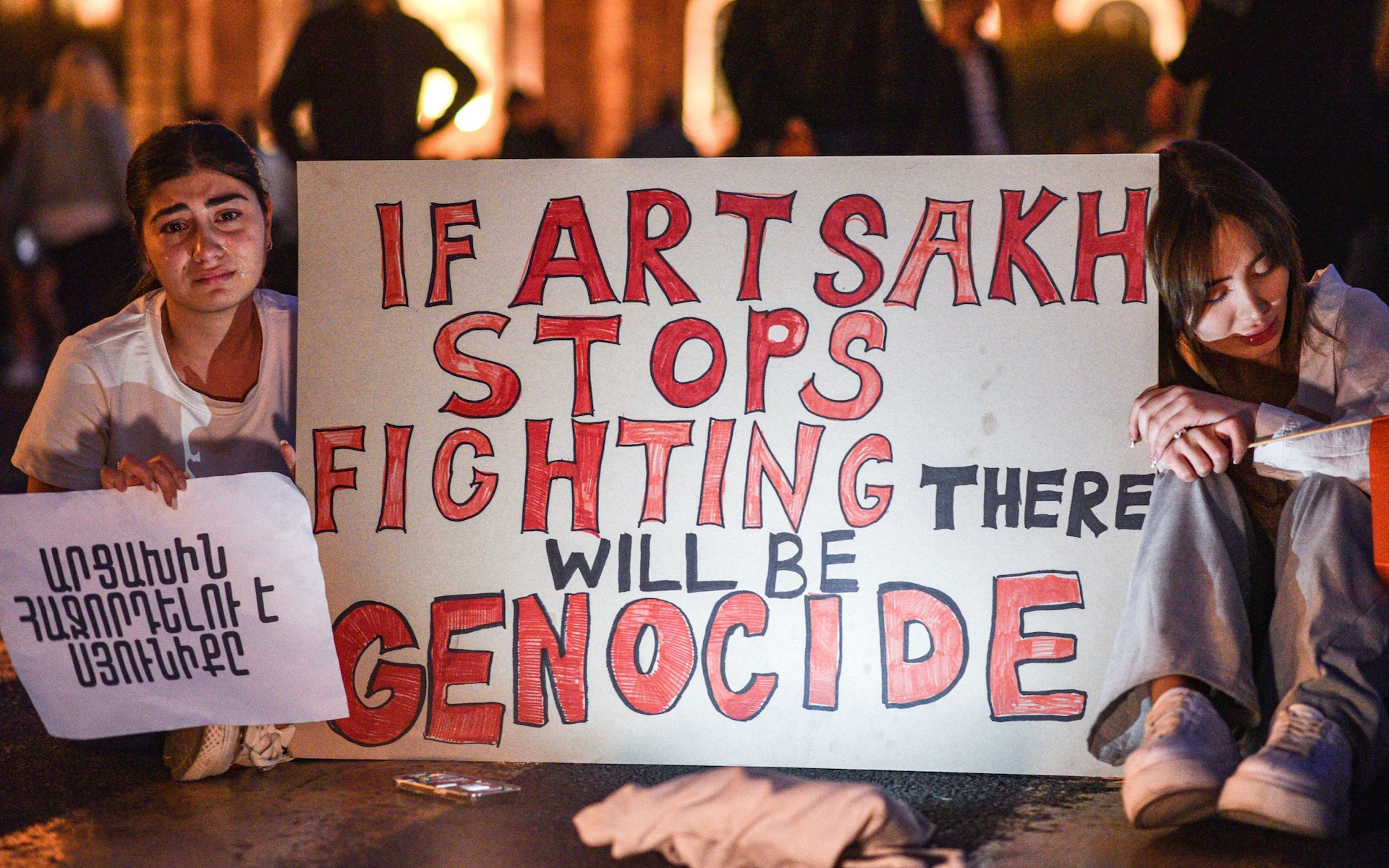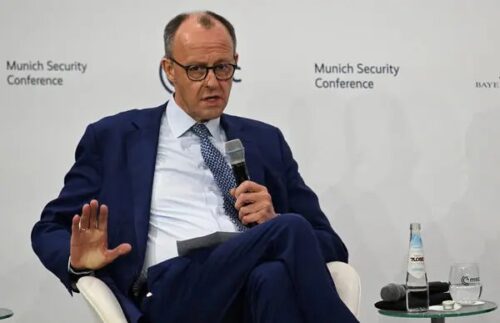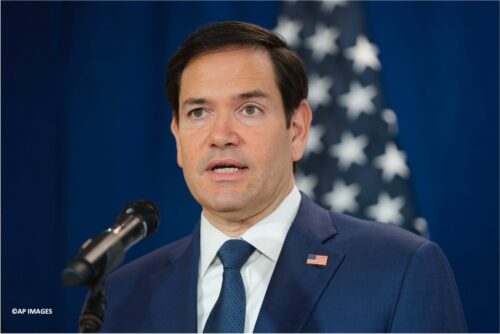
The Telegraph: Crucially, the release of Armenian detainees is not only a matter of justice–it is a precondition for peace
This year marks the 110th anniversary of the Armenian Genocide of 1915. On April 24, Armenians around the world will gather to commemorate this tragedy. In 2015 the Armenian Church canonized the victims, officially declaring them saints. This moment of remembrance is not only about mourning the past, it is about confronting the present. The continuity between historical and continuing atrocities demands that we speak now, without equivocation, David Alton wrote in an article published in The Telegraph.
According to Alton, today, the descendants of those same Armenians are once again targeted – this time by Azerbaijan which, in 2023, completed the ethnic cleansing of Nagorno-Karabakh (Artsakh), forcing 120,000 ethnic Armenians from their ancestral homeland. Despite urgent warnings from human rights experts and international bodies, world leaders have yet again looked away.
The author noted that Artsakh was blockaded for ten months by Azerbaijan, cut off from food, medicine and vital supplies. It culminated in a September military assault and mass exodus, eerily echoing past atrocities.
“We are not speaking hypothetically. A former ICC Chief Prosecutor, Luis Moreno Ocampo, has declared that Azerbaijan’s actions meet the legal definition of genocide under Article II(b) of the Genocide Convention. The European Parliament, Genocide Watch and the Lemkin Institute agree. So why is the UK Government still unwilling to call it what it is?” Alton writes.
He states that Azerbaijan’s assault didn’t end with displacement. 23 Armenians, many of them civilians or elected officials of the former Artsakh Republic, remain detained in Baku under spurious charges of terrorism. One was abducted from a Red Cross convoy. Their treatment–solitary confinement, medical neglect and forced confessions–has been documented by human rights organizations and former detainees. They are denied due process.
Just days ago, Azerbaijan expelled the International Committee of the Red Cross (ICRC) – the only body allowed access to these prisoners. Alongside the Red Cross, BBC Azerbaijan and other credible media outlets were expelled. This was no accident: it is a calculated attempt to sever the last humanitarian lifeline and eliminate scrutiny of human rights abuses.
The author of the article notes that this is not the first time Armenians have been silenced. Azerbaijan has spent years airbrushing Armenian history, destroying ancient churches and cemeteries and denying the Armenian Genocide. It has also cultivated generations of hate: schoolchildren are taught that Armenians are enemies, and convicted murderers of Armenians have been pardoned, glorified and financially rewarded.
“Let us be clear: this is not a “conflict.” It is the culmination of a state-sponsored campaign of dehumanisation and erasure. As with past genocides – from Rwanda to Bosnia – the warning signs were there, yet the world did little to intervene. If this is not the moment to act, then when? The United Kingdom is a signatory to the Genocide Convention. That signature is not symbolic – it binds us to prevent, protect and punish. And yet, we have failed to call out ethnic cleansing when we see it; we have failed to impose sanctions on Azerbaijani leaders responsible for war crimes,” Alton noted, adding that the international community must urgently demand the release of the 23 Armenian detainees, ensure international observers are allowed back into Azerbaijan and press for the return of forcibly displaced people. Without these steps, the rule of law is reduced to empty rhetoric.
“Crucially, the release of Armenian detainees is not only a matter of justice – it is a precondition for peace. Any agreement between Armenia and Azerbaijan cannot be sustainable while prisoners remain unjustly held in Baku,” Alton writes, noting that their freedom is not a concession but a necessary foundation for reconciliation.


